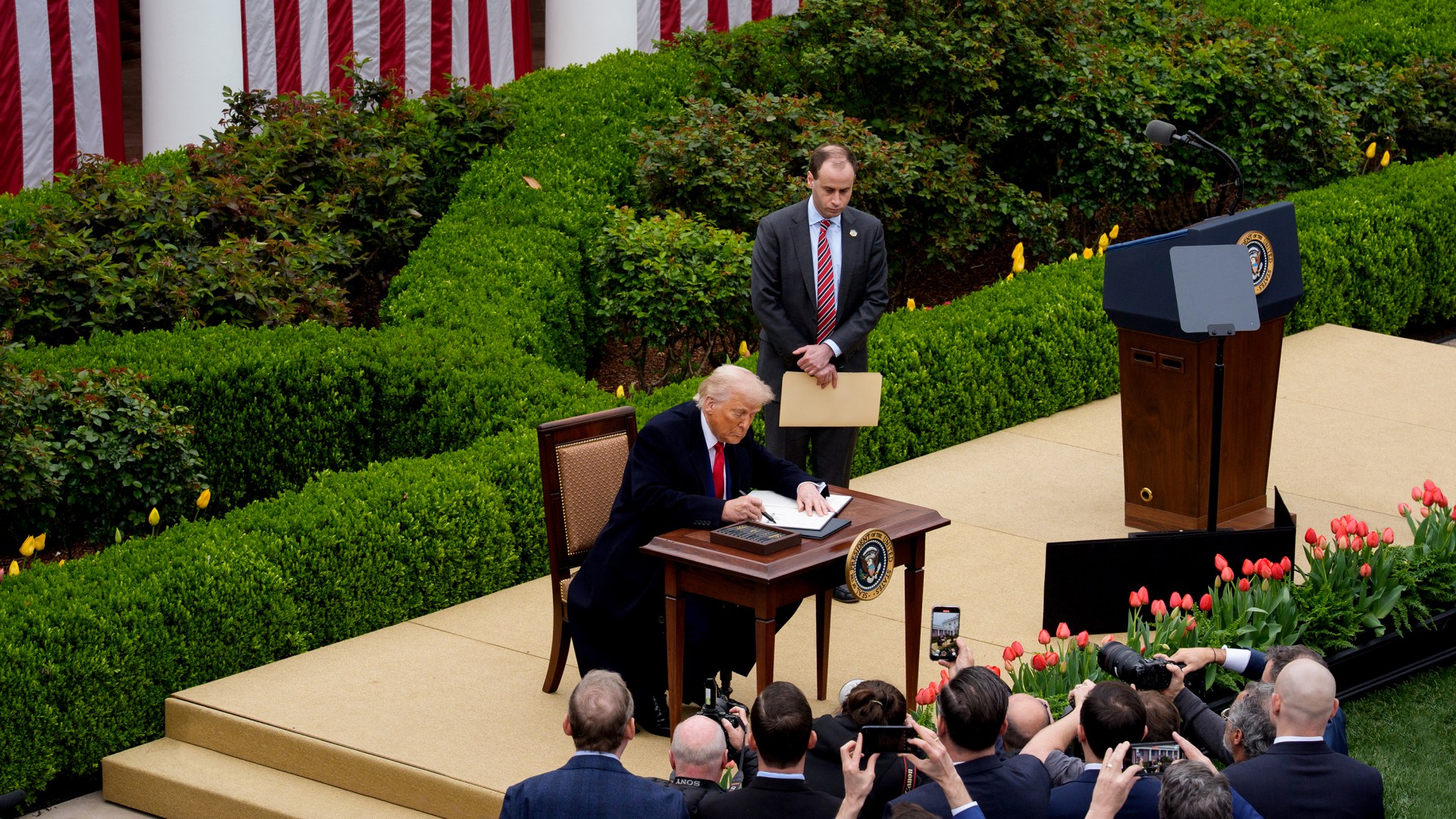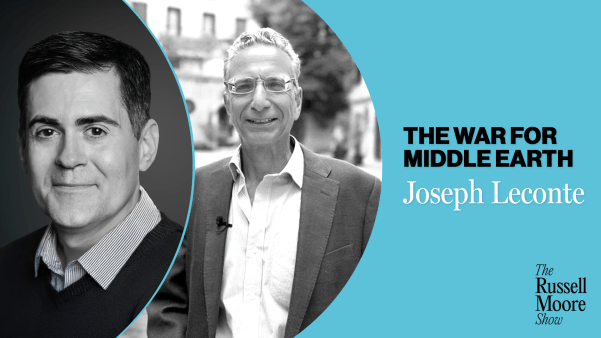This piece was adapted from a post that originally appeared on David Bahnsen’s Dividend Cafe.
Many have asked how the president can unilaterally impose tariffs since the power to tax is given to Congress in the United States Constitution (Article I, Section 8, Clause 1) and since there was once a time when a bunch of colonists got really mad at a king for imposing taxation without representation. It is not a question for which I can give a good answer, because I do not have one.
The president has used Section 232 of the Trade Expansion Act of 1962 to claim that many of the tariffs are necessary for national security. He has the right for temporary emergency tariffs if he is responding to a surge in imports, under Section 201 of the Trade Act of 1974. Congress has legislative ability to restrict and intervene in all these excesses or implementations, but let’s just say that Congress has not seemed willing to jump into all this and, well, be a congress.
A conservative legal group, the New Civil Liberties Alliance, has filed the first lawsuit. I expect many more lawsuits in the days and weeks ahead challenging the constitutional legality of some (not all) of these tariffs, and I expect that to add to the uncertainty risk premium in markets.
I am surprised by how much my phone rang during the last several days, not from clients panicking about the market but from business owners in severe distress over the impact to their businesses. Here’s a note I received from a business owner who also informed me that he had voted for President Donald Trump (I say this just to make clear his concerns do not reflect a partisan hostility—quite the opposite): “It’s exhausting and demoralizing to have spent more than ten years building a business, survive Covid craziness, and finally really be hitting our stride as an organization and end up here. The cost of this is about 50% of our annual payroll expense.”
The stock market impact is one thing; the devastation to small businesses is another. Production is coming to a halt, global trade is in a near freeze, capital goods orders are evaporating, and the clock is ticking. I believe the president has one fatal belief driving him, combined with some bad advice coming to him. That fatal belief is that trade deficits inherently reflect something unfair. The bad advice is that we can somehow reorder the entire global trading system with top-down central planning and taxation.
I am surprised by how many people continue to believe they know what Trump is going to do in the weeks or months ahead, because I suspect that he doesn’t know what he is going to do. It is odd to hear so many so sure that he is going to back down and reverse course—or that he is never going to back down and take an off-ramp. In both cases, the people asserting so are projecting their own frustrations or opinions, or, in the best case, making predictions that have a 50 percent chance of being correct (because of how coin flips work).
Here is what I know about Trump: I believe there is a pathology at play that observers would be wise to think about psychologically and not ideologically. It seems to me a nonpartisan, objective, reasonable thing with what the American public knows about Trump (those who love him, those who hate him, and those in between) that there could be a scenario where his psychological motivations push him to double down on this and there could be a scenario where they push him to seek an off-ramp. Those psychological motivations are the same in both possible scenarios.
David Bahnsen, managing partner of The Bahnsen Group and an influential leader in Republican circles, hosts a weekly National Review podcast.











